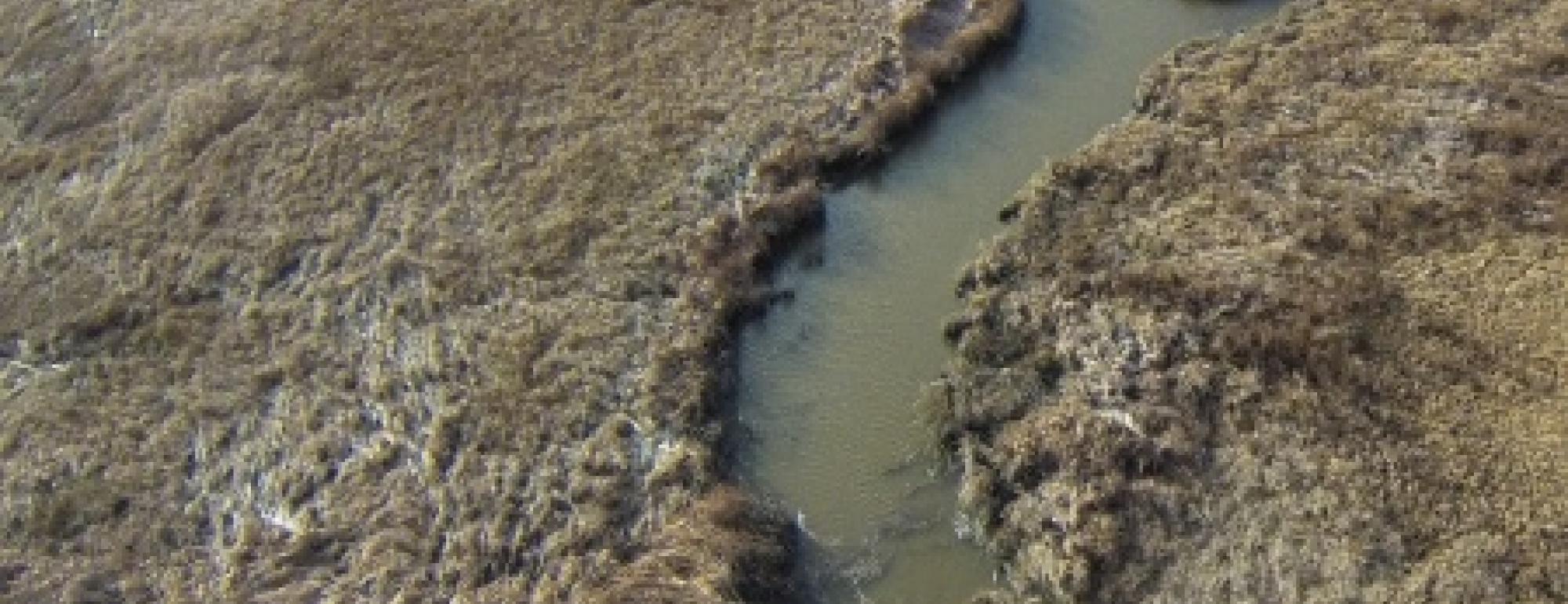Long term data suggest that tidal wetlands in Suisun Marsh function as nurseries for recruiting juvenile fish. This project studies mechanisms for creating favorable rearing conditions for juvenile estuarine and migratory fishes, specifically in drought years when suboptimal conditions occur further upstream in the Delta. By modeling food web responses to hydrologic change, and differential resource use among native and alien juvenile fish using stable isotope analysis, we gain a better understanding of fish recruitment in response to restoration and management.
This research explores:
-Tidal cycles influence on productivity and food availability in tidal wetlands
-Juvenile fish foraging and growth as a function of food availability
-Juvenile fish resource use as a function of life stage and life history strategy


